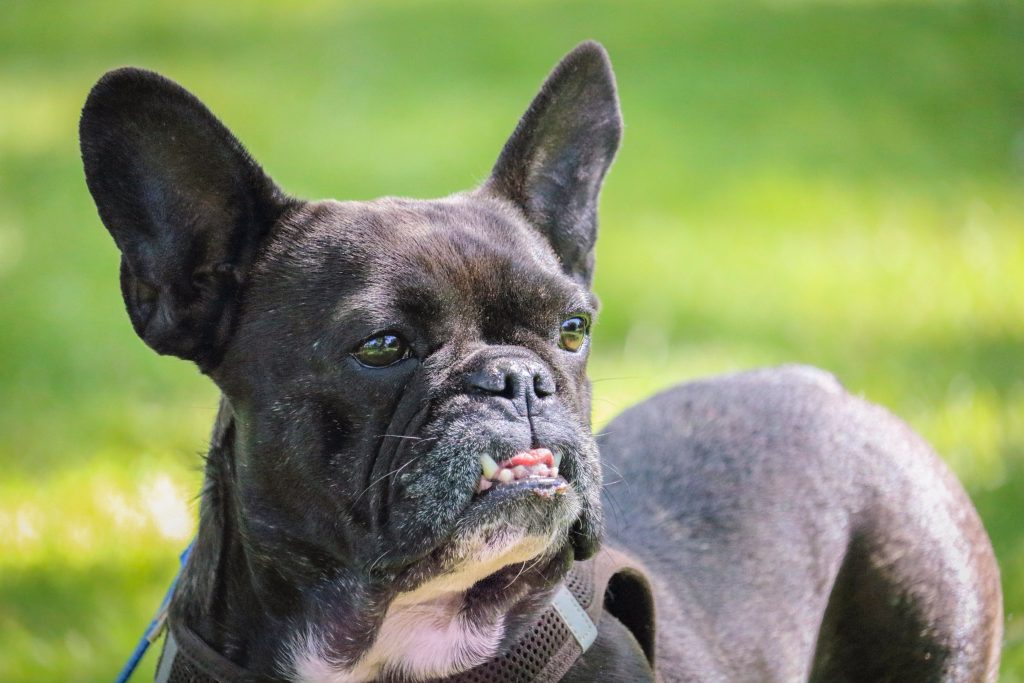What Noises Do Dogs Not Like?
What Noises Do Dogs Not Like? Dogs, our loyal companions, have an extraordinary sense of hearing, making them susceptible to various sounds that humans might not even notice. Understanding the noises that dogs dislike is crucial for their well-being and helps in creating a comfortable environment for them.

Loud Fireworks and Thunderstorms
One of the most common sounds that dogs dread is the booming noise of fireworks and the rolling thunder during storms. The sudden, loud explosions can trigger anxiety and fear in dogs, leading to distressing behavior such as hiding, shaking, or excessive barking.
High-Pitched Noises like Whistles
While humans might find the sound of a whistle sharp and piercing, dogs perceive it even more intensely. High-pitched noises like whistles can be unsettling for dogs, causing discomfort and stress. It’s essential to be mindful of such sounds, especially in training sessions.
Vacuum Cleaners and Household Appliances
The whirring and buzzing of household appliances, particularly vacuum cleaners, can be distressing for dogs. The loud, mechanical noises can startle them, making cleaning days a challenging experience for our furry friends. Understanding this can help pet owners find ways to minimize the impact of these noises.
Yelling or Shouting
Dogs are sensitive to human emotions, and loud, angry voices can be particularly distressing for them. Yelling or shouting can cause anxiety and fear, negatively impacting the bond between a dog and its owner. Maintaining a calm and gentle tone is crucial in fostering a positive environment for your canine companion.
Babies Crying and High-Pitched Laughter
Oddly enough, the sounds of babies crying or high-pitched laughter can be unsettling for dogs. The unpredictable nature of these noises may evoke curiosity or concern in our four-legged friends. It’s essential for dog owners to monitor their pets’ reactions in such situations.
Metallic Sounds and Clanging Objects
Metallic sounds, such as clanging pots and pans, can be jarring for dogs. The sharp, reverberating noise can trigger anxiety and stress. Being mindful of these sounds in the home environment can contribute to a more peaceful atmosphere for dogs.
Construction Noises
The relentless hammering and drilling associated with construction sites are another set of noises that dogs often find distressing. The constant loud sounds can disrupt their sense of security and lead to heightened stress levels.
Sirens and Alarms
The wailing sirens of emergency vehicles and blaring alarms are sounds that can evoke a strong reaction in dogs. These noises, designed to grab human attention, can be overwhelming for our canine companions.
Traffic and Honking Horns
Living in urban environments exposes dogs to the constant hum of traffic and the blaring of car horns. While dogs may adapt to these sounds to some extent, the persistent noise can contribute to heightened stress levels over time.
Signs of Distress or Anxiety
Understanding how dogs express discomfort is crucial. Signs of distress may include trembling, panting, pacing, or attempting to hide. Recognizing these signs allows owners to intervene and provide comfort to their pets.

Long-Term Effects of Constant Exposure to Disliked Noises
Consistent exposure to noises that dogs dislike can have long-term effects on their behavior and mental well-being. Chronic stress may lead to behavioral issues, affecting their overall quality of life. It is the responsibility of pet owners to create a harmonious environment that minimizes exposure to such distressing sounds.
Creating Safe Spaces
To help dogs cope with the noises they dislike, creating designated safe spaces in the home is crucial. These spaces should be quiet, comfortable, and equipped with familiar items, providing a retreat for dogs during stressful situations.
Use of Noise-Canceling Products
Innovations in pet care include noise-canceling products designed to minimize the impact of loud sounds. Dog owners can explore options like earmuffs or soundproofing solutions to create a more serene environment for their furry friends.
Positive Reinforcement and Training
Implementing positive reinforcement techniques can help dogs associate disliked noises with positive experiences. Rewarding calm behavior during loud events can gradually desensitize them, reducing anxiety over time.
Choosing Quiet Play Areas
When engaging in outdoor activities, selecting quiet play areas away from traffic or construction zones can contribute to a more enjoyable experience for dogs. Ensuring a peaceful environment allows them to explore and play without unnecessary stress.
Consideration of Noise Levels in Training Sessions
Incorporating an awareness of noise levels during training sessions is vital. Choosing quieter environments for obedience training helps dogs focus better and reduces the likelihood of stress-induced behaviors.
Implementing Calming Sounds
Counteracting disliked noises with calming sounds can be effective. Soft music or nature sounds can create a soothing atmosphere, helping dogs relax in situations where disturbing sounds are unavoidable.
Conclusion: What Noises Do Dogs Not Like?
Understanding the noises that dogs dislike is an integral aspect of responsible pet ownership. By recognizing and mitigating these stressors, pet owners can foster a supportive environment, ensuring their canine companions lead happy and healthy lives.




Leave a comment